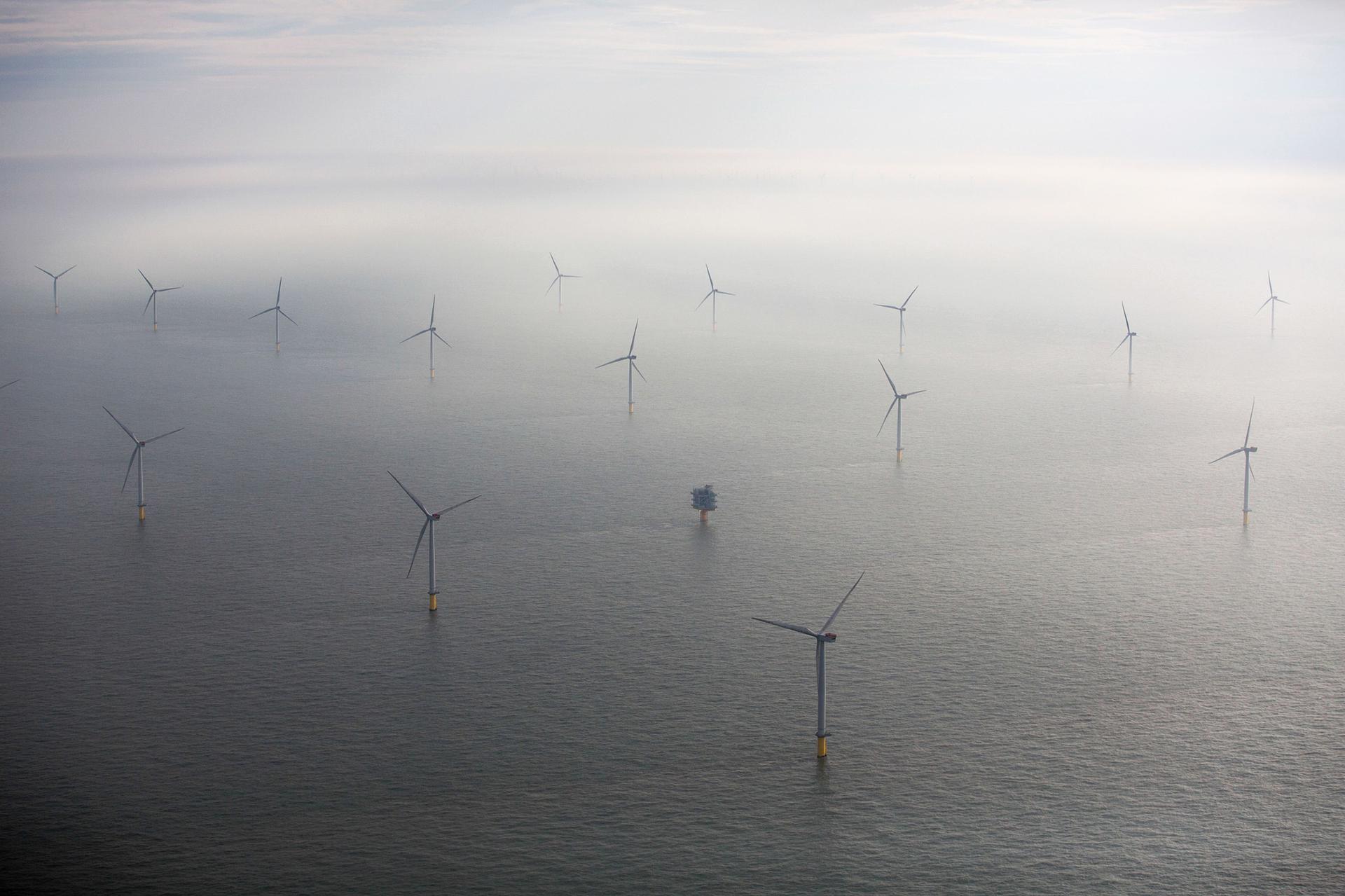Wind of change
From FDI Intelligence
Di Digest
Weekly round-up of investment news for economic development


By Jacopo Dettoni
June 26, 2022
Hello everyone, this is Jacopo in London.
With the energy crisis at the top of the agenda of governments the world over, European policy-makers are committing to installing hundreds of gigawatts (GWs) of offshore wind capacity. At a cost of about $3bn/GW, if they walk the talk offshore wind is set to become a major driver of new investment in the foreseeable future ( Big Story). Elsewhere, Seth investigates biopharma firm Sinovac making inroads in Latin America and further expanding China’s influence in the region despite the US’s efforts to counter that ( LatAm Focus), while Alex spoke to the head of the Michigan Economic Development Corporation as electric mobility is breathing new life into the Midwest automotive industry (EDO Leaders). Last but not least, we extended the final deadline for free zones to enter fDi’s Global Free Zones of the Year 2022 awards to July 15. Haven’t you entered yet? Hurry up! That’s a wrap for now, you all have a great week ahead.
THE BIG STORY

The EU has set a target of 150 gigawatts (GW) of offshore wind installed capacity by 2030, which is set to double to 300GW by 2050. Outside the EU, the UK is looking at 50GW by 2030 and Norway is targeting 30GW by 2040. However, the gulf between hope and reality is wide. Europe’s current offshore wind capacity is almost exclusively concentrated in a handful of North Sea countries, which combine for 25.2GW of offshore wind installed capacity — as much as 10.4GW is installed in the UK alone and another 7.7GW in Germany, according to official figures compiled by fDi Intelligence. The rest is spread mostly between Denmark, the Netherlands and Belgium. Are Europe’s offshore wind targets realistic? Find out at this link.
LATAM FOCUS
Chinese pharmaceutical company Sinovac Biotech is investing hundreds of millions of dollars into vaccine facilities across Latin America. Chinese-produced Covid-19 vaccines, either from pharmaceutical company Sinovac or state-owned Sinopharm, have been approved in several countries around the world, from Brazil and Mexico to the UAE and Thailand. But this latest trend of vaccine facilities indicates a soft power play in which Sinovac is plugging a healthcare gap in several Latin American countries, in line with Chinese firms becoming more assertive in the region. Full story at this link.
EDO LEADERS


CEO
Michigan Economic Development Corporation
The US state of Michigan epitomises the pros and cons of the shifting tides within the auto industry. While its largest city, Detroit, is synonymous with the 20th century decline of America’s motor industry, Michigan accounted for about a fifth of US vehicle production in 2021, and has recently secured major electric vehicle (EV) and battery investments. Quentin Messer Jr., the CEO of Michigan Economic Development Corporation, the state’s development agency, sat down with fDi to discuss LGES’s expansion project and how to manage supply chain disruption. Read the full interview here.
CALL FOR ENTRIES


TOP READS OF THE WEEK
© THE FINANCIAL TIMES LTD 2022





